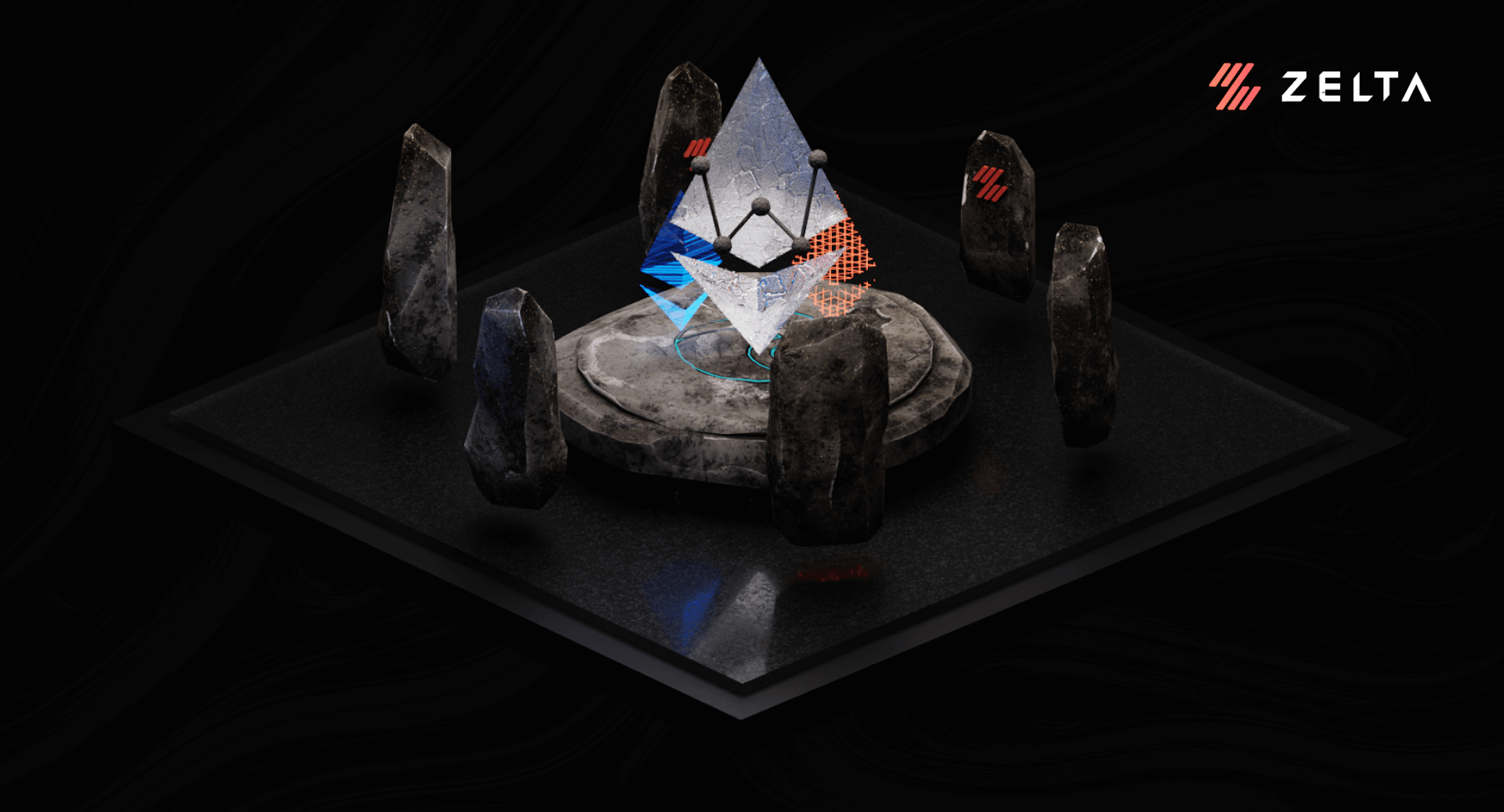

What is ETHPoW? ETHW Explained
EthereumPoW (or ETHW) is an innovative consensus algorithm that enables the secure validation of transactions and the creation of new blocks on the blockchain.
In this article, we'll dive into the inner workings of EthereumPoW, discussing the significance of ETHPoW, key features, and the role it plays in ensuring the integrity and decentralization of the Ethereum network.

A good number of exchanges have already supported the split version of Ethereum (ETHW) but due to the low price, miners have found it challenging.
In the past seven days, the value of ETHW plummeted by around 83% and that of ETH fell by about 24%.
After The Merge, the Ethereum fork split into two versions: ETH, which uses the Proof-of-Stake (PoS) consensus algorithm, and ETHW, which uses Proof-of-Work (PoW) algorithm. This move has resulted in miners phasing out and getting replaced by validators on the blockchain.
Proof of Work (PoW) Mechanism in Ethereum:
The Ethereum network started off with the Proof of Work mechanism. The Proof of Work mechanism allows all the nodes of the Ethereum Network to come to a common agreement.
(Learn more about Proof of Work Mechanism)

An advantage of this mechanism was that it made the Ethereum network very difficult to attack or manipulate. It is not only responsible for bringing the Ethereum Network to an agreement but also functions as the main algorithm that is responsible for underlying the rules which all the miners would need to follow.
Proof of Stake (PoS) Mechanism in Ethereum:
The Ethereum network has switched off its Proof of Work mechanism and has switched to the Proof of Stake mechanism in 2022. This was done because the proof of stake mechanism is secure, uses less energy, and is better for implementing new solutions related to scaling a blockchain network.

(Learn more about: Proof of Stake Mechanism)
Ethereum uses proof-of-stake, in which validators voluntarily stake money in the form of ETH into an Ethereum-based smart contract. In the case that the validator acts dishonestly or carelessly, this staked ETH serves as collateral. The validator is therefore in charge of ensuring that newly created blocks are rightly propagated throughout the network as well as occasionally producing and propagating new blocks.
What is EthereumPoW and Why was ETHW Created?
To put it simply, EthereumPoW (or EthW) is the hard fork of the Ethereum network. A fork fundamentally alters how the blockchain network operates. Since, a small but vocal segment of the crypto community insists that the Ethereum network should continue to use the proof-of-work mechanism, EthereumPoW was established. Among this community, many of them were miners who could not hold onto their revenue streams when the mechanism of Ethereum changed from the proof of work to proof of stake.
A cryptocurrency miner named Chandler Guo claimed that 90% of Ethereum miners would soon go out of business since Ethereum no longer requires an expensive mining setup. The concern pointed out was that post transition, with the proof of stake mechanism, users won't need high-specification setups to start mining.
ETHW is the native coin for the EthereumPoW network being offered on exchanges.
In an update that was made available alongside the mainnet launch, the EthereumPoW team informed readers of several adjustments and corrections. Over 1.7 billion transactions have been made since its inception. At the time of writing, more than 254 million addresses are holding ETHW.
Variable Prices of ETHW:
The token reached an all-time high of $141 on August 8, 2022 before plummeting an all-time low of $26 on September 13. The token reached slightly over $36 when ETHPoW announced the launch of its main net on the same day. At the time of writing, the price of ETHW lies at $5.74.
Conclusion:
This fork in the Ethereum blockchain network has mixed reactions from the community. While most of them side with the Ethereum Merge, the others are in support of ETHW. However it is important to note that ETHPoW token has nothing to do with the original Ethereum, as per Vitalik Buterin and his team.
According to a digital media publication outlet Tom's Hardware the Proof of Work token miners “won't be lucrative" unless they are using graphics cards like the Nvidia GeForce RTX 3090, AMD Radeon RX 6800 or 6800 XT, with an electricity cost of roughly $0.1 per kilowatt-hour. After deducting the cost of energy, this graphics card setup will produce roughly $0.06 per day which won’t mean anything for the efforts made throughout the day.
Trade Ethereum and 200+ other coins with 0 fees* on Zelta.io.
Image Credits: Block-builders; storj.io; fraudlabspro
